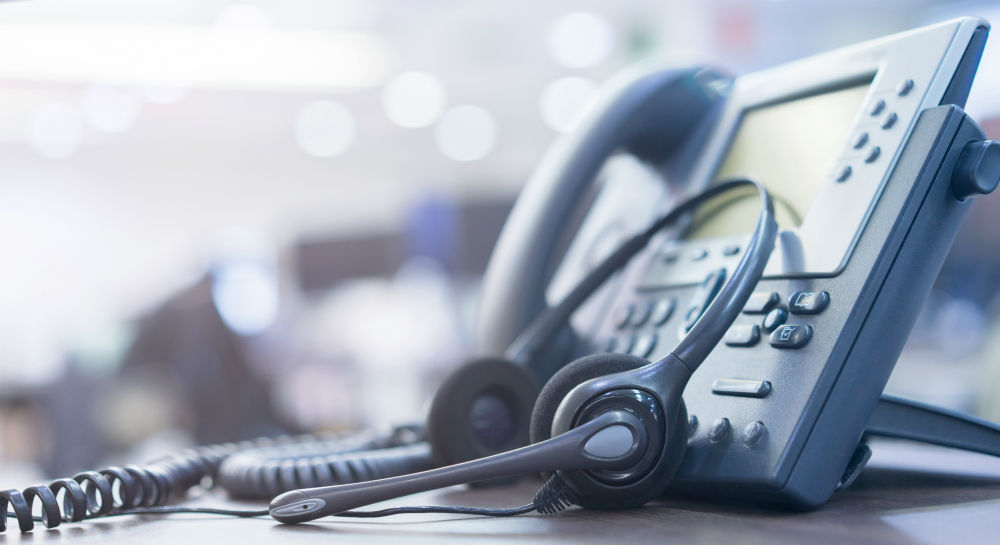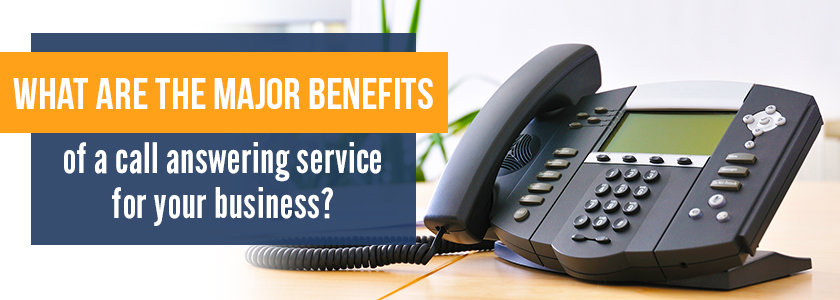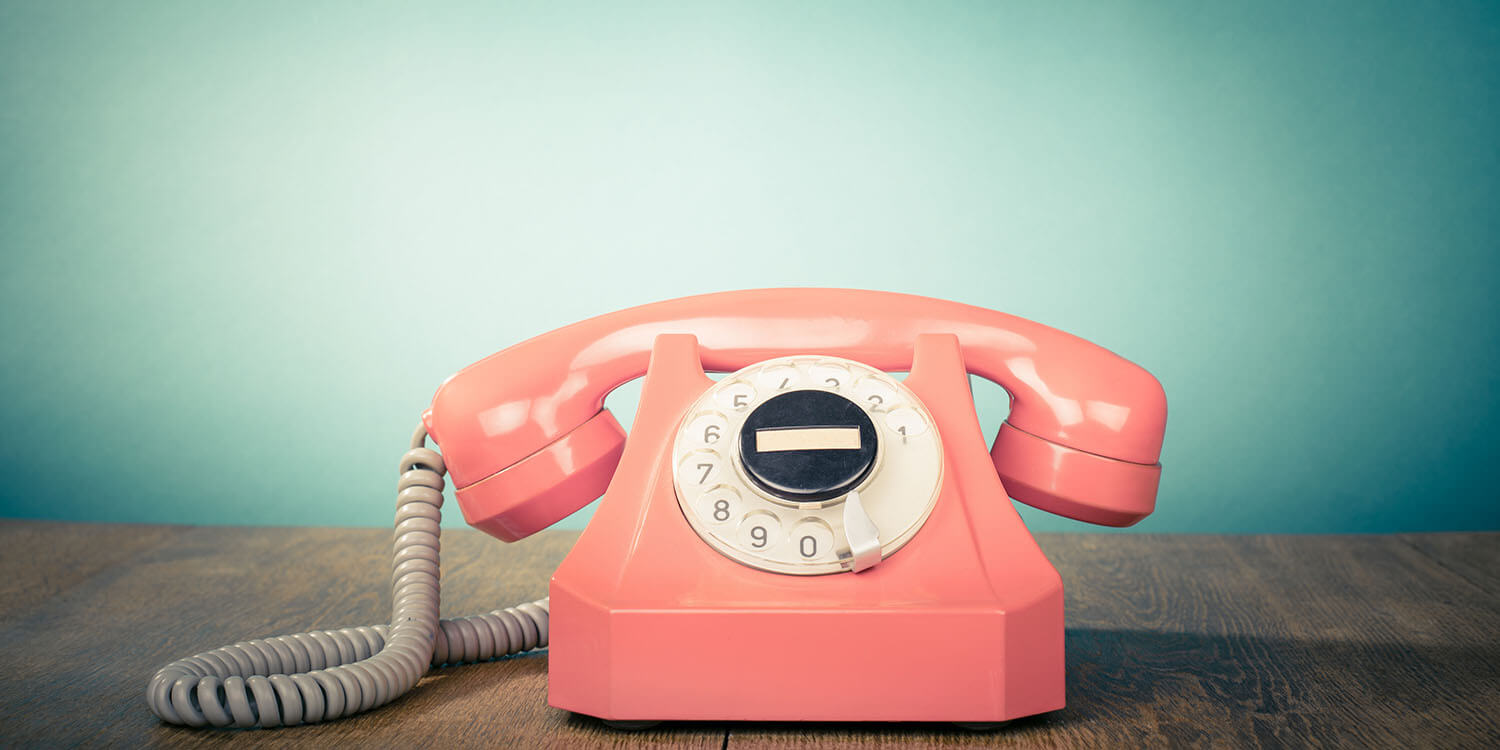All Categories
Featured
Table of Contents
- – Which Is The Best Construction & Trades Phone A...
- – What Is The Best 24/7 Phone Answering - Au-bas...
- – What Is The Best What Is An Answering Service?...
- – When Are Best Virtual Assistant Call Answerin...
- – What Is The Best Discover How To Set Up A Cal...
- – How To Choose The Best How To Start An Answe...
Which Is The Best Construction & Trades Phone Answering Service Service?
This device and its followers were developed by Sava Jacobson, an electrical engineer with a personal consulting organization. While early answering machines used magnetic tape technology, a lot of contemporary devices utilizes solid state memory storage; some gadgets utilize a mix of both, with a solid-state circuit for the outgoing message and a cassette for the incoming messages.
"toll saving" below) (business call answering service). This is helpful if the owner is screening calls and does not wish to talk to all callers. In any case after going, the calling celebration ought to be notified about the call having actually been responded to (in many cases this begins the charging), either by some remark of the operator, or by some greeting message of the little bit, or addressed to non-human callers (e.
This holds especially for the Littles with digitally stored welcoming messages or for earlier machines (prior to the rise of microcassettes) with an unique endless loop tape, separate from a 2nd cassette, dedicated to recording. There have been answer-only devices with no recording abilities, where the greeting message had to notify callers of a state of existing unattainability, or e (virtual telephone answering service).
What Is The Best 24/7 Phone Answering - Au-based Operators - Alltel Australia Product?

about accessibility hours. In tape-recording Little bits the greeting generally contains an invitation to leave a message "after the beep". An answering machine that utilizes a microcassette to record messages On a dual-cassette answerphone, there is an outbound cassette, which after the defined variety of rings plays a pre-recorded message to the caller.

Single-cassette answering devices include the outbound message at the beginning of the tape and inbound messages on the remaining area. They initially play the announcement, then fast-forward to the next offered area for recording, then tape-record the caller's message. If there are numerous previous messages, fast-forwarding through them can trigger a significant hold-up.
This beep is often described in the greeting message, requesting that the caller leave a message "after the beep". Little bits with digital storage for the taped messages do not show this hold-up, naturally. A little might offer a remote control facility, whereby the answerphone owner can sound the house number and, by entering a code on the remote telephone's keypad, can listen to taped messages, or delete them, even when far from house.
What Is The Best What Is An Answering Service? The Ultimate Guide - Cms

Therefore the machine increases the number of rings after which it answers the call (typically by two, leading to 4 rings), if no unread messages are presently kept, however answers after the set number of rings (typically two) if there are unread messages. This permits the owner to discover whether there are messages waiting; if there are none, the owner can hang up the phone on the, e.
Some machines also permit themselves to be remotely triggered, if they have been switched off, by calling and letting the phone ring a specific large number of times (generally 10-15). Some company abandon calls already after a smaller variety of rings, making remote activation difficult. In the early days of Littles a special transmitter for DTMF tones (dual-tone multi-frequency signalling) was regionally needed for push-button control, considering that the formerly utilized pulse dialling is not apt to communicate suitable signalling along an active connection, and the dual-tone multi-frequency signalling was carried out step-by-step.
Any incoming call is not identifiable with regard to these properties in advance of going "off hook" by the terminal equipment. So after going off hook the calls need to be switched to appropriate devices and just the voice-type is instantly available to a human, but possibly, nevertheless ought to be routed to a LITTLE BIT (e.
When Are Best Virtual Assistant Call Answering Service Sales
What if I informed you that you do not need to in fact select up your gadget when addressing a customer call? Another person will. So practical, best? Responding to call doesn't need someone to be on the other end of the line. Efficient automated phone systems can do the technique just as effectively as a live agent and sometimes even much better.
An automatic answering service or interactive voice response system is a phone system that interacts with callers without a live individual on the line - phone answering service. When business utilize this innovation, clients can get the response to a concern about your service just by using interactions established on a pre-programmed call flow.
Although live operators update the client service experience, many calls do not need human interaction. An easy recorded message or instructions on how a customer can retrieve a piece of information usually resolves a caller's instant requirement - virtual telephone answering service. Automated answering services are a simple and efficient method to direct inbound calls to the ideal person.
What Is The Best Discover How To Set Up A Call Answering Service With A 7- ... Manufacturer
Notification that when you call a company, either for assistance or item questions, the very first thing you will hear is a pre-recorded voice greeting and a series of options like press 1 for customer care, press 2 for inquiries, and so on. The pre-recorded options branch off to other options depending on the client's selection.
The phone tree system assists direct callers to the ideal individual or department using the keypad on a cellphone. In some circumstances, callers can use their voices. It's worth noting that auto-attendant alternatives aren't limited to the ten numbers on a phone's keypad. Once the caller has actually selected their very first option, you can create a multi-level auto-attendant that utilizes sub-menus to direct the caller to the ideal type of support.
The caller does not need to interact with a person if the auto-attendant phone system can manage their issue. The automated service can route callers to a worker if they reach a "dead end" and need support from a live agent. It is costly to work with an operator or executive assistant.
How To Choose The Best How To Start An Answering Service Business
Automated answering services, on the other hand, are considerably less expensive and provide substantial expense savings at approximately $200-$420/month. Even if you do not have committed personnel to deal with call routing and management, an automated answering service enhances performance by enabling your group to focus on their strengths so they can more effectively spend their time on the phone.
A sales lead routed to consumer service is a lost shot. If a client who has product concerns reaches the incorrect department or gets insufficient answers from well-meaning staff members who are less trained to handle a particular kind of concern, it can be a reason for aggravation and frustration. An automated answering system can reduce the number of misrouted calls, thus helping your workers make much better use of their phone time while maximizing time in their calendar for other jobs.
With Automated Answering Systems, you can create a personalized experience for both your staff and your callers. Make a recording of your main greeting, and merely upgrade it regularly to reflect what is going on in your company. You can develop as numerous departments or menu options as you want.
Table of Contents
- – Which Is The Best Construction & Trades Phone A...
- – What Is The Best 24/7 Phone Answering - Au-bas...
- – What Is The Best What Is An Answering Service?...
- – When Are Best Virtual Assistant Call Answerin...
- – What Is The Best Discover How To Set Up A Cal...
- – How To Choose The Best How To Start An Answe...
Latest Posts
Cheap Virtual Receptionist Near Me
High-Quality Ai Answering System ( Australia)
Affordable Hospitality Answering Service (Launceston 7250)
More
Latest Posts
Cheap Virtual Receptionist Near Me
High-Quality Ai Answering System ( Australia)
Affordable Hospitality Answering Service (Launceston 7250)